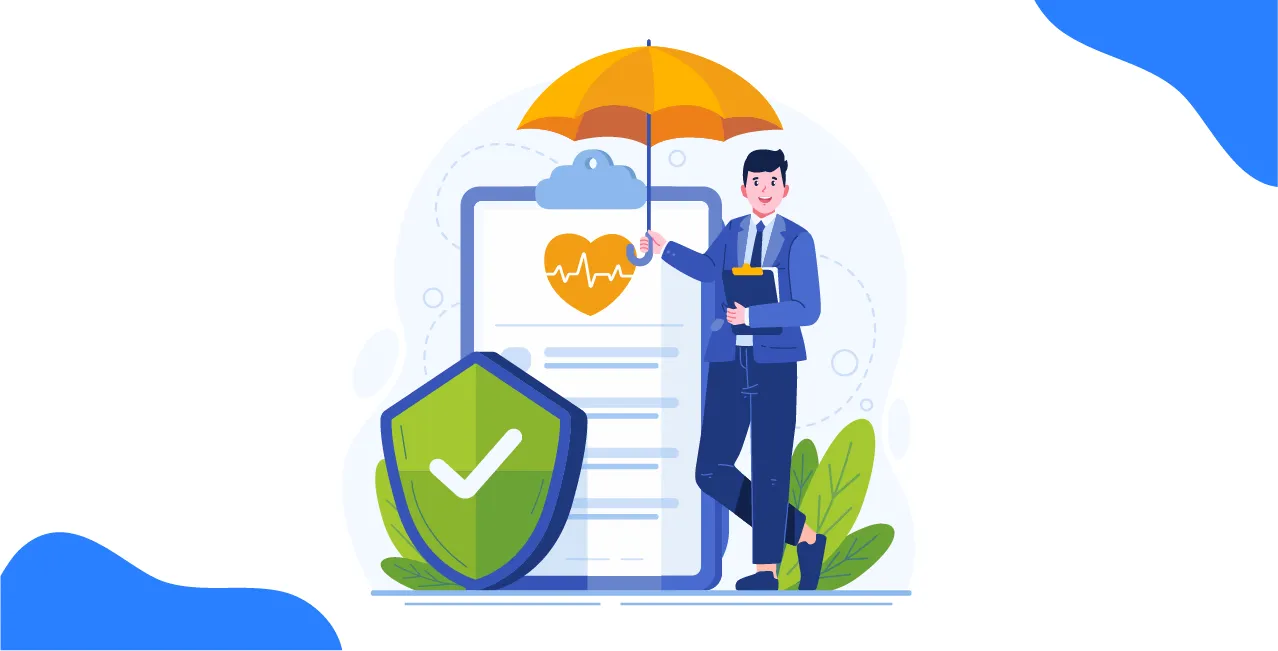The Benefits of Filing for Bankruptcy: A Comprehensive Guide
At [Your Company Name], we understand that financial difficulties can be overwhelming and stressful. If you find yourself drowning in debt, filing for bankruptcy may provide you with a fresh start and a chance to rebuild your financial future. In this article, we will delve into the benefits of filing for bankruptcy and how it can help you regain control of your financial situation.
Debt Relief and Elimination
Filing for bankruptcy offers you the opportunity to obtain debt relief and, in some cases, eliminate certain types of debt entirely. Chapter 7 bankruptcy, also known as liquidation bankruptcy, allows individuals to discharge unsecured debts such as credit card bills, medical bills, and personal loans. This means that once your bankruptcy is successfully processed, you will no longer be legally obligated to repay these debts.
In Chapter 13 bankruptcy, also referred to as reorganization bankruptcy, you will enter into a repayment plan that spans three to five years. This plan allows you to make affordable monthly payments towards your debts while protecting your assets from liquidation. At the end of the repayment period, any remaining eligible debts may be discharged.
Protection from Creditors
One of the immediate benefits of filing for bankruptcy is the automatic stay. Once you file for bankruptcy, an automatic stay is put into place, which legally halts all collection activities by creditors. This means that creditors cannot continue to harass you with phone calls, letters, or lawsuits. The automatic stay provides you with a much-needed breathing space to evaluate your financial situation and work towards a fresh start.
Preservation of Assets
Contrary to popular belief, filing for bankruptcy does not necessarily mean losing all your assets. Each state has its own set of exemptions that determine which assets are protected from liquidation during bankruptcy proceedings. These exemptions typically include essentials such as your primary residence, vehicle, personal belongings, and certain retirement accounts.
By strategically utilizing these exemptions and with the guidance of an experienced bankruptcy attorney, you can often protect your most valuable assets while still obtaining the benefits of bankruptcy. It is crucial to consult with a professional who can navigate complex bankruptcy laws and help you make informed decisions.
Improved Credit Score in the Long Run
While filing for bankruptcy does have a negative impact on your credit score initially, it provides an opportunity for a fresh start and a chance to rebuild your credit over time. By eliminating or restructuring your debts, you can gradually improve your creditworthiness.
It is important to note that bankruptcy will remain on your credit report for a certain period, typically seven to ten years, depending on the type of bankruptcy filed. However, as time passes and you demonstrate responsible financial behavior, the impact of bankruptcy on your credit score diminishes. By practicing good financial habits, such as making timely payments and keeping your debt-to-income ratio low, you can rebuild your credit and improve your financial standing.
Psychological Relief and Emotional Well-being
Dealing with overwhelming debt can take a toll on your mental and emotional well-being. Constantly worrying about how to make ends meet and facing aggressive collection efforts can lead to stress, anxiety, and even depression.
Filing for bankruptcy provides a sense of relief and a fresh start. It allows you to shed the burden of unmanageable debt and take control of your financial future. Knowing that you have a plan in place and that there is a light at the end of the tunnel can greatly alleviate the emotional strain associated with financial difficulties.

Filing for bankruptcy may not be the right solution for everyone, but it can offer significant benefits for those facing overwhelming debt. From debt relief and protection from creditors to the preservation of assets and the opportunity for a fresh start, bankruptcy provides a pathway to financial stability.
If you are considering filing for bankruptcy, it is crucial to consult with a qualified bankruptcy attorney who can guide you through the process and help you make informed decisions. Remember, bankruptcy is a complex legal procedure, and professional advice is essential to ensure the best possible outcome for your unique situation.
Frequently Asked Questions about the Benefits of Filing for Bankruptcy
1. What are the main benefits of filing for bankruptcy?
The main benefits of filing for bankruptcy include debt relief, protection from creditors, the possibility of keeping certain assets, and a fresh financial start.
2. Will filing for bankruptcy eliminate all my debts?
Filing for bankruptcy can eliminate many types of debts, such as credit card debt, medical bills, and personal loans. However, certain debts like student loans, child support, and some tax debts may not be dischargeable.
3. How does bankruptcy protect me from creditors?
When you file for bankruptcy, an automatic stay goes into effect, which prohibits creditors from taking any collection actions against you. This includes halting foreclosure, repossession, wage garnishment, and harassing phone calls.
4. Can I keep any assets if I file for bankruptcy?
Yes, in many cases, you can keep certain assets when filing for bankruptcy. The specific exemptions vary by state, but they often include essentials like your home, car, clothing, and household goods.
5. Will bankruptcy affect my credit score?
Yes, bankruptcy will hurt your credit score. However, it also provides an opportunity for a fresh start and rebuilding your credit over time.
6. How long does bankruptcy stay on my credit report?
Bankruptcy can stay on your credit report for up to 10 years, depending on the type of bankruptcy filed. Chapter 7 bankruptcy remains on the report for 10 years, while Chapter 13 bankruptcy stays for 7 years.
7. Can I file for bankruptcy multiple times?
Yes, you can file for bankruptcy multiple times, but there are certain time restrictions between filings. For example, if you previously filed for Chapter 7 bankruptcy, you must wait 8 years before filing another Chapter 7 case.
8. Will I lose my job if I file for bankruptcy?
No, your employer cannot fire you solely because you filed for bankruptcy. It is illegal for an employer to discriminate against an employee based on bankruptcy filing.
9. Can I still rent an apartment or get a loan after bankruptcy?
While bankruptcy may make it more challenging to rent an apartment or obtain a loan, it is not impossible. Over time, as you rebuild your credit and demonstrate responsible financial behavior, your chances of approval will improve.
10. Do I need an attorney to file for bankruptcy?
While it is possible to file for bankruptcy without an attorney, it is highly recommended to seek legal counsel. Bankruptcy laws can be complex, and an attorney can guide you through the process, ensuring your rights are protected.




